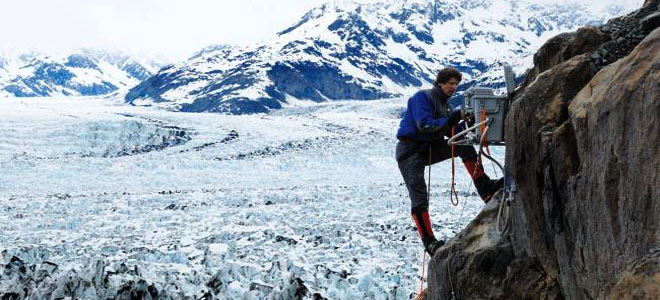by Maxwell Boykoff
Daily Camera
May 3, 2015
The state of scientific evidence of human-induced climate change is strong (see Jim White’s Feb 22 piece). This is bolstered by consensus statements from just about every relevant collection of experts across the globe. So why can’t we all just “do the right thing” and protect the climate from us (mitigation) while protecting us from the climate (adaptation)?
To find the answer, there has been a tendency to stick to the natural sciences and hope that the physical evidence the climate is warming will drive forward decision-making at the individual and societal levels.
For a recent example, the Daily Camera ran a story March 24 called “Could a real consensus come inside a suitcase?” featuring NASA physicist Emily Wilson’s plans to deploy a worldwide network of suitcase-sized instruments to measure two main greenhouse gases — carbon dioxide and methane — in the atmosphere. Wilson was quoted as saying, “In order for there to be absolute consensus on global warming there have to be global measurements that leave no opening for debate about what is happening.”
But looking to scientific findings as the sole pathway to convince people to “do the right thing” overlooks many other influences contributing to ongoing debates regarding what are productive and “good” action pathways. These include cultural, political, ideological, psychological and economic factors from the individual to the societal level. In fact, when you examine apparent debates on the science, you actually often find that these are stand-ins for differing perspectives and wordviews about collectively who we are and who we aspire to be.
To account for and help explain these contributions, we are increasingly drawing on the value of social sciences and humanities.
Over many years now, I have approached these issues from the social sciences and humanities along with natural sciences as I have pursued research questions in the spaces where formal climate science and policy find meaning in people’s everyday lives, and where public engagement influences climate science and policy priorities. Read more …


